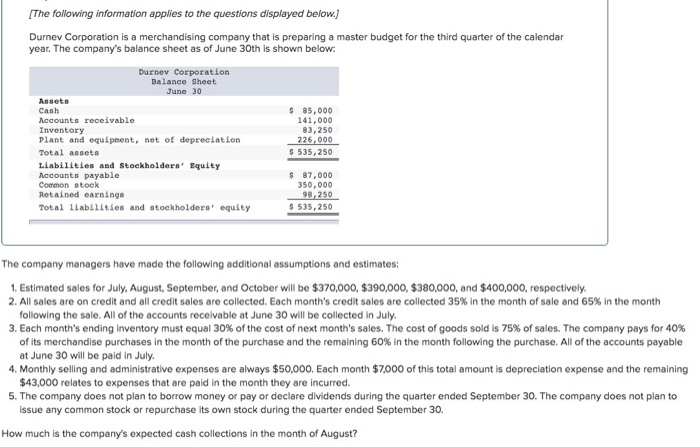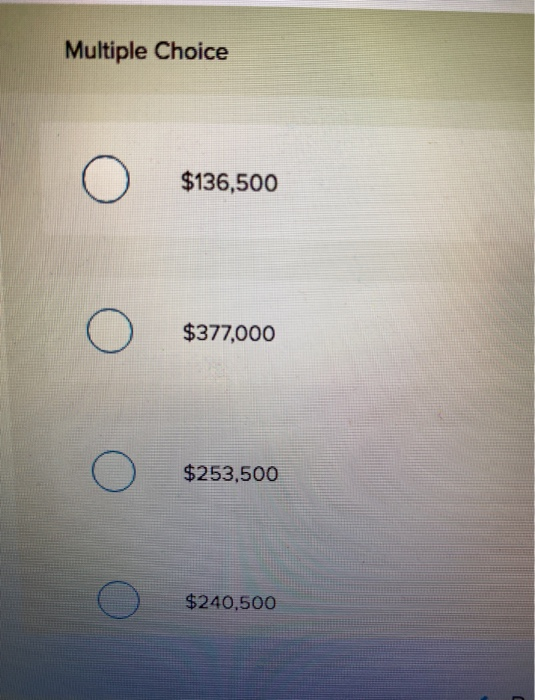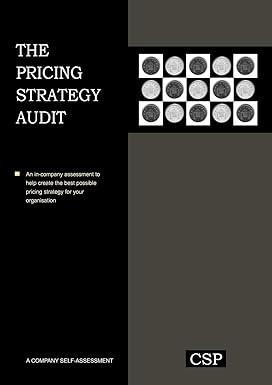Answered step by step
Verified Expert Solution
Question
1 Approved Answer
[The following information applies to the questions displayed below.) Durnev Corporation is a merchandising company that is preparing a master budget for the third quarter


Step by Step Solution
There are 3 Steps involved in it
Step: 1

Get Instant Access to Expert-Tailored Solutions
See step-by-step solutions with expert insights and AI powered tools for academic success
Step: 2

Step: 3

Ace Your Homework with AI
Get the answers you need in no time with our AI-driven, step-by-step assistance
Get Started


